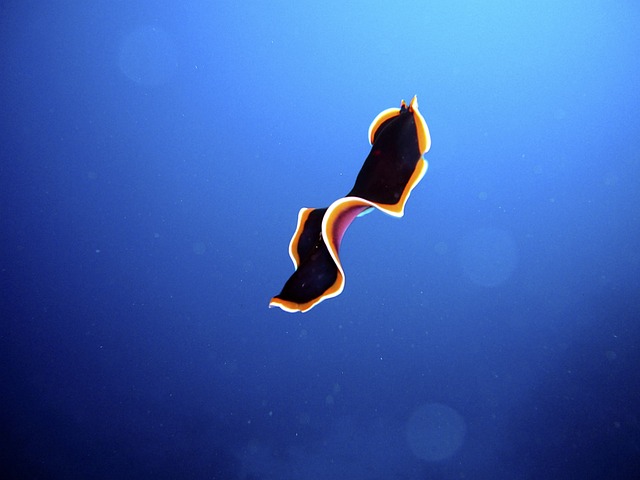Sometimes (more often than I care to admit) I remember that time a person tried to destroy me on a conference a year ago.
I had a poster showing what I had done for three different projects, with similar analyses and related methodology. They said none of my analyses made any sense because there is not a story, nor a hypothesis, nor even an inch of biology behind all my fancy and colorful plots. All of this adorned by quite sarcastic and patronising comments as they assumed I was an undergrad (which in itself is another can of worms, because it showed their true colours of how they treat students) until I corrected them, well into the whole dispute. A textbook example of an overall mean person.
But most importantly, I bring this memory today as a reflection. Even more often than I care to admit, I find myself thinking about how much power these kind of people have on Academia.
One simple question: Why the hassle? Hypothesis-free data exploration and hypothesis-driven research can coexist. You just need to let it happen. And it is good that they coexist. But many don’t think so because it would imply acknowledging all those decades of hypothesis are not exclusively binding to a stable, not even successful, career in research.
Still, year after year it is proven that the amount of data & methods is not the same as twenty or thirty years ago. This ‘new world’ demands a certain skill set that itself has little to do with textbook biology alone, and for which you do not have an a priori need of the ineffably deep well of knowledge that comes from dedicating years of your life into a single question or topic in whichever field of biology.
In truth, this skill set is often developed independent from the philosophical pilgrimage of delving into profound biology and experimental design. Such was my case. Otherwise all the PIs would be doing all the fancy analyses that they always show in plenary talks at conferences, and not us workers.
And in my view, having hypothesis-free and hypothesis-driven research coexisting, in an environment that does not prize high competitiveness, is just… fine. I would love to be a small researcher doing my little things and teaching whoever needs to learn whatever I’ve managed to master after years of work. Time and time again I’ve been asked by peers and friends about how to do this X Y Z thing, and then they learn and start applying it to their own projects –or maybe not because they found a better way, in which case they let me know so I can also learn.
I fail to see the evil in working like this. Without an ulterior compromise towards a specific question in biology.
And secondly, but no less important: if people like the one in my anecdote ever meant to provide a piece of advice from their experience, boy do let me tell you whatever it was got lost amidst all the fuss. For a year after those words, I saw myself re-doing a number of these analyses and indeed they should have been, and would have benefited from being, considered more carefully from a biological standpoint. This aligns with some of the things they said at the time, and I may have gotten into it sooner if my experience of that encounter would have been an inch different.
I will keep trying to soundly leverage any future experience like this in order to keep improving as a scientist, as a worker, and as a person, which at the end of the day is what truly matters to me. Together with learning about they ways I want and I do not want to carry out my work, in case I ever end up in a position with the chance of making a change. Which is the second most important thing that matters to me.

